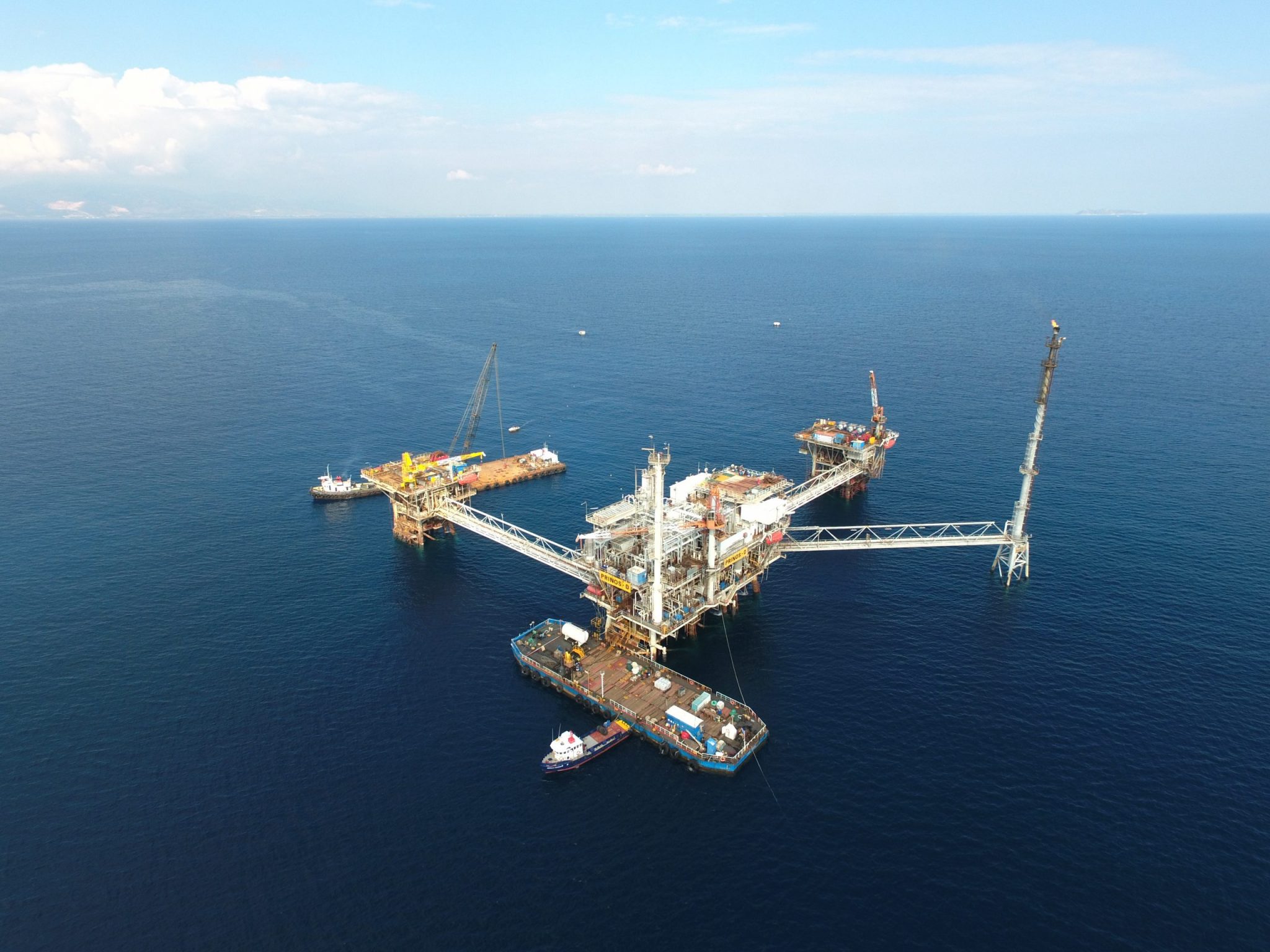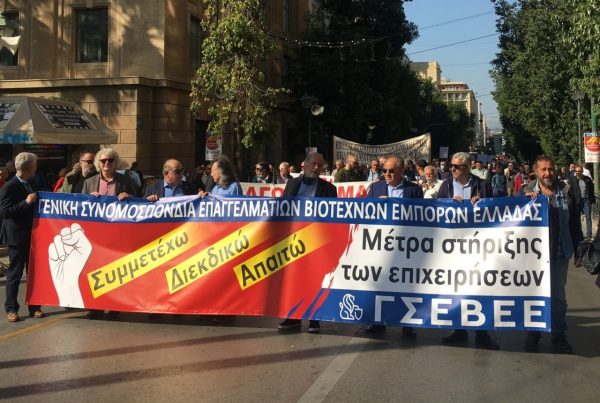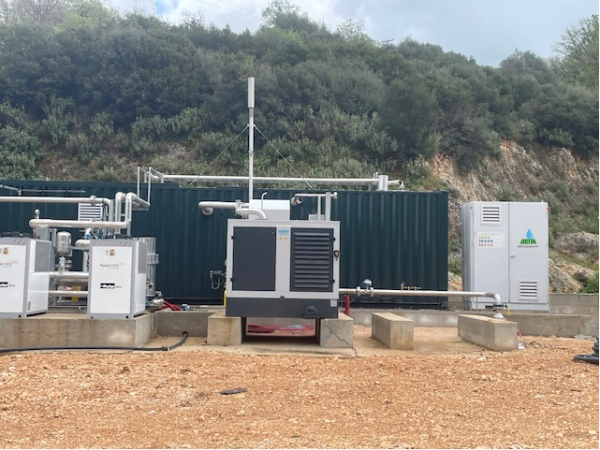
The European Commission has given the “green light” for 150 million euros of state aid for Greece’s first CCS Project, “Prinos CO2″, located in the Gulf of Kavala, northeastern Greece, by Energean, after negotiations between Greece’s Ministry of Environment and Energy and the commission concluded positively. This marks Greece’s first CO2 geological storage project venture.
The final step is receiving the formal approval from Brussels, which will trigger the release of funds from the Recovery and Resilience Facility, according to official sources.
In the meantime, Energean submitted its storage permit application to the Hellenic Hydrocarbons and Energy Resources Management Company (HEREMCO) in June. In early August, they also submitted the environmental impact study, which is currently under review.
After the disbursement of the first installment from the Recovery Fund, a market test will follow to gauge interest, with aim of signing binding contracts with industries.
The final investment decision is expected within the first half of 2025. At the same time, the country’s energy ministry is outlining the regulatory framework for CO2 storage, expected to be approved by this Nov.
The Prinos CO2 storage project has been included in the 6th list of Projects of Common Interest (PCI), with its total budget exceeding 1.5 billion euros. Of this sum, 1 billion euros will be allocated to Energean’s works, while the remaining will go to Greece’s National Natural Gas System Operator (DESFA) responsible for building the network to collect pollutants from cement industries and refineries, liquefy them and transport them by ships to Prinos.
So far, the CO2 storage capacity at Prinos has been confirmed at 1 million tons annually, with indications showing that it could accommodate up to 3 million tons per year in full development, according to ongoing studies.
Source: tovima.com
Latest News

EU Condemns Trump Tariffs, Prepares to Retaliate
As tensions escalate, the EU is expected to continue negotiations with Washington while preparing for potential economic retaliation.

The Likely Impact of Trump Tariffs on Europe and Greece
Trump tariffs are expected to negatively affect economic growth in the Eurozone while Greece's exports could take a hit.

Motor Oil Results for 2024: Adjusted EBITDA of 995 mln€; Proposed Dividend of 1.4€ Per Share
Adjusted EBITDA for 2024 was down 33% yoy. The adjusted profit after tax for 2024 stood at 504 million euros, a 43% decrease from the previous year

Cost of Living: Why Greece’s 3% Inflation Is Raising Alarm
Greece appears to be in a more difficult position when it comes to price hikes, just as we enter the era of Trump’s tariffs.

Fitch Ratings Upgrades the Four Greek Systemic Banks
NBG’s upgrade reflects the bank’s ongoing improvements in its credit profile, Fitch notes in its report, including strong profitability, a reduction in non-performing exposures (NPEs), and lower credit losses

Trump to Announce Sweeping New Tariffs Wednesday, Global Retaliation Expected
With Trump's announcement just hours away, markets, businesses, and foreign governments are bracing for the fallout of one of the most aggressive shifts in U.S. trade policy in decades.

Inflation in Greece at 3.1% in March, Eurostat Reports
Average inflation in the eurozone settled at 2.2%, compared to 2.3% in February

Greece’s Unemployment Rate Drops to 8.6% in February
Despite the overall decline, unemployment remains higher among women and young people.

Jerry Kalogiratos Highlights Key Role of Energy Transition and Data Demand in LNG Outlook
Energy transition and the prospects of LNG were discussed at Capital Link’s 19th Annual International Maritime Forum, during a panel discussion with Jerry Kalogiratos (Capital Clean Energy Carriers Corp.)

Santorini Safe and Ready for a Dynamic Tourism Season
Authenticity, cultural heritage, and genuine experiences at the center of Santorini's new promotional campaign
























![ΕΛΣΤΑΤ: Αυξήθηκε η οικοδομική δραστηριότητα κατά 15,6% το Δεκέμβριο [πίνακες]](https://www.ot.gr/wp-content/uploads/2025/03/DSC9655-2-1024x569-1-90x90.jpg)

















 Αριθμός Πιστοποίησης
Αριθμός Πιστοποίησης